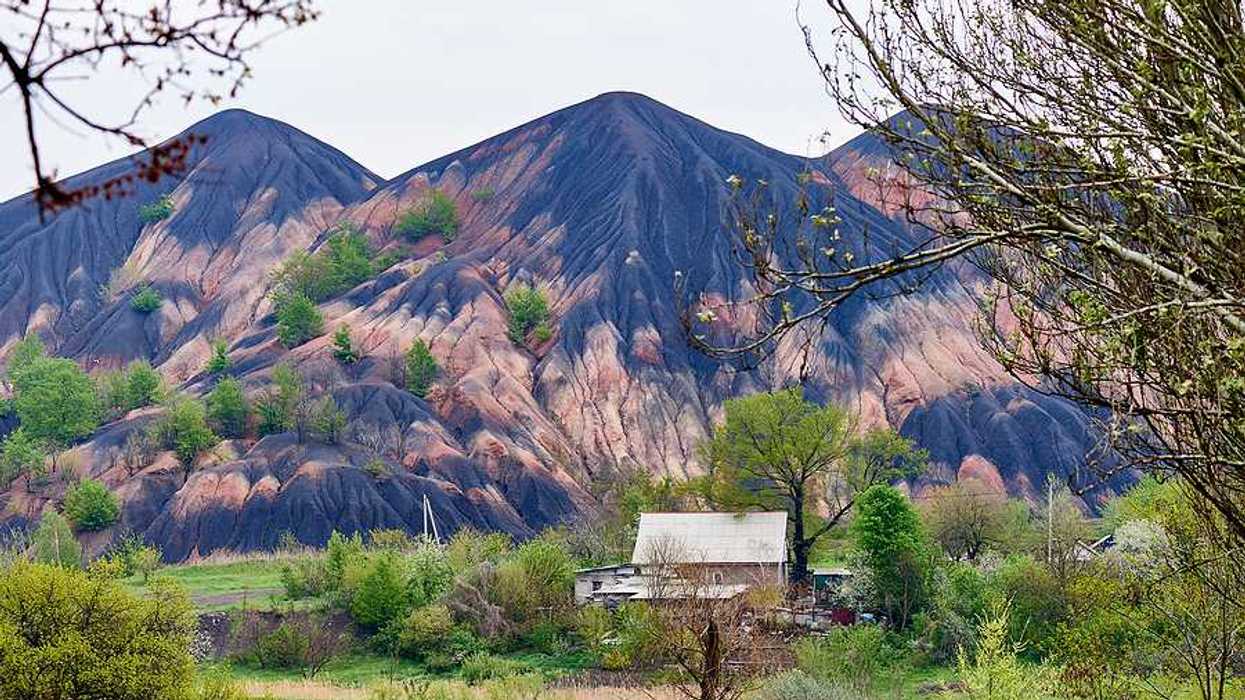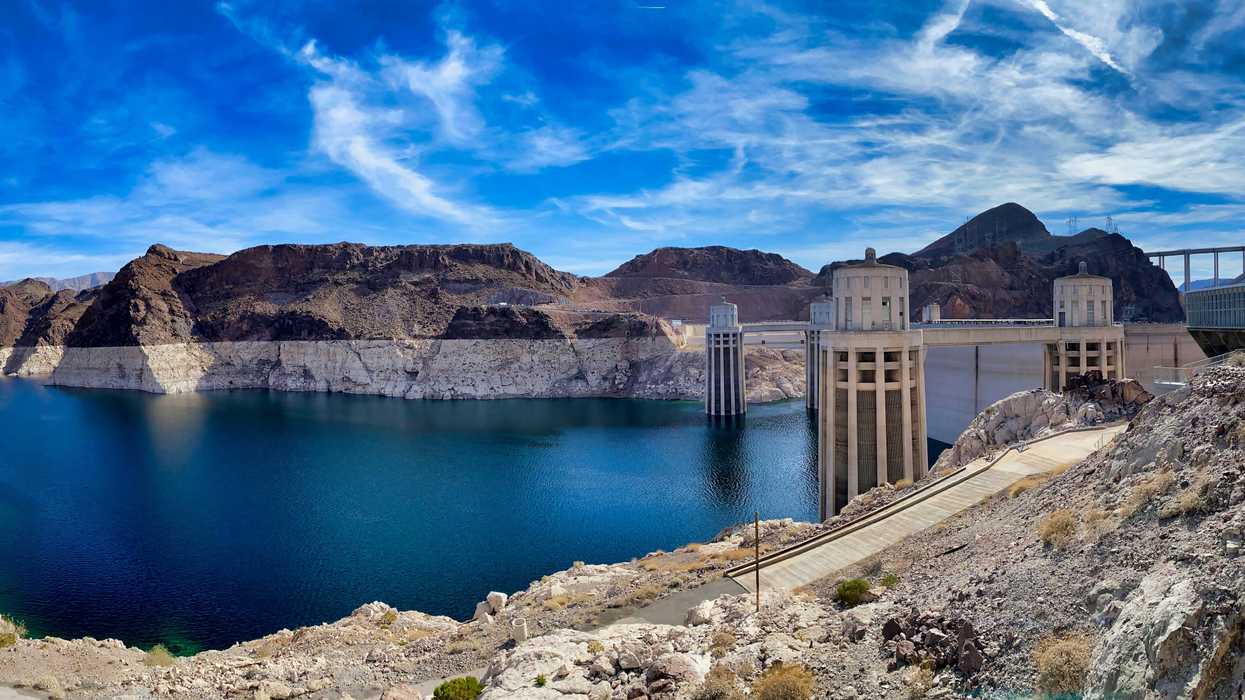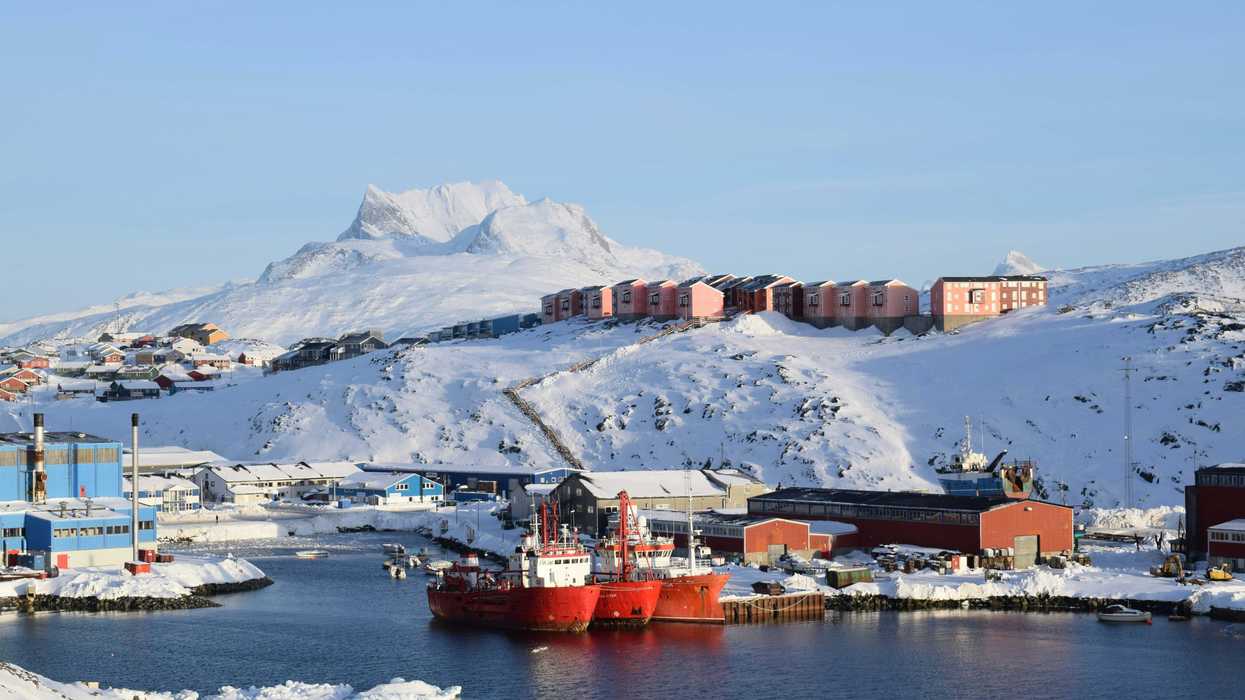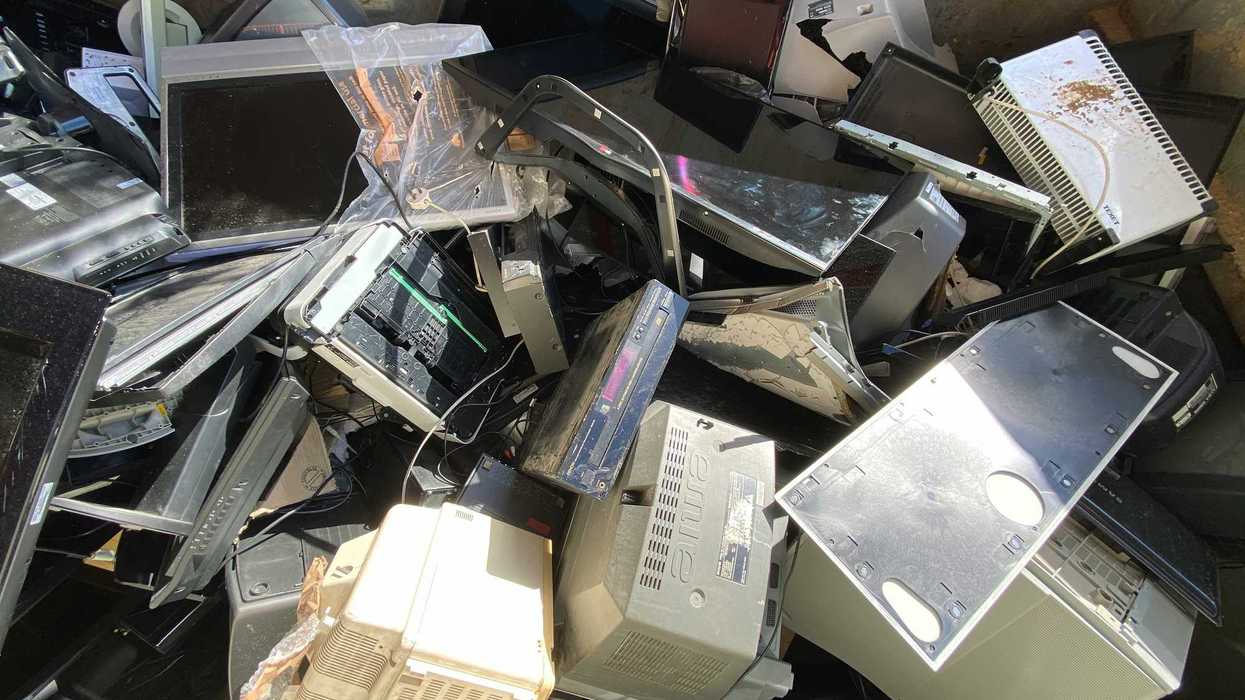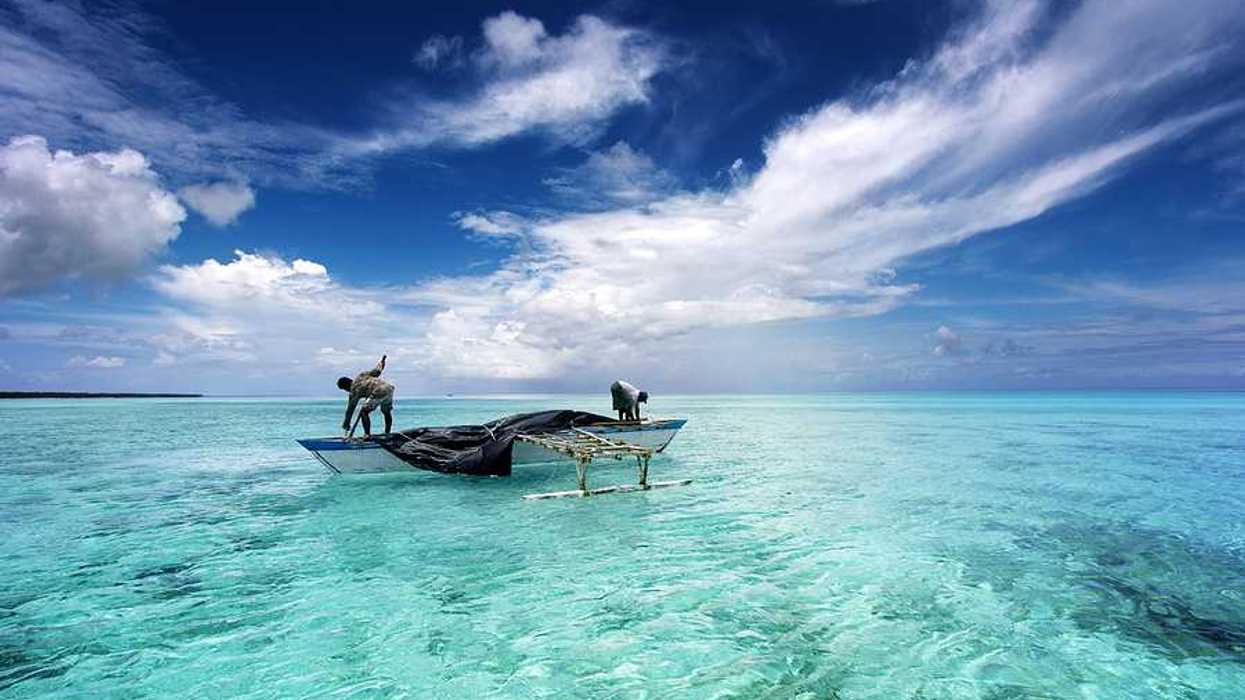Indigenous leaders at the United Nations Permanent Forum on Indigenous Issues pushed for the recognition of traditional knowledge and land rights while a U.S. representative’s pro-Trump remarks were met with silence.
B. ‘Toastie’ Oaster reports for Grist.
In short:
- Indigenous women from around the world described their role as defenders of land and culture, calling for equal respect for traditional knowledge alongside scientific research.
- U.S. representative Edward Heartney’s praise for former President Donald Trump’s economic initiatives for Indigenous women received no applause, contrasting with broader forum discussions focused on cultural preservation and justice.
- Activists like Quannah ChasingHorse denounced U.S. oil and gas leasing policies, arguing they violate Indigenous rights and threaten critical ecosystems.
Key quote:
"We’re not complaining. We’re not begging. We’re acting."
— Tarcila Rivera Zea, Quechua activist and forum panelist
Why this matters:
Indigenous women sit at a vital intersection between environmental stewardship and human rights. Around the world, they hold generations of knowledge about how to live sustainably within fragile ecosystems, yet they often face violence, political marginalization, and economic displacement. Climate change accelerates the threats to their communities, lands, and ways of life. Development projects — often framed as economic opportunities — can mask environmental destruction and deepen colonial patterns of resource extraction. When policymakers prioritize short-term economic growth over cultural survival and biodiversity, it jeopardizes not just Indigenous communities but global environmental health.
Related: Environmental defenders in rural areas face deadly threats with little protection




